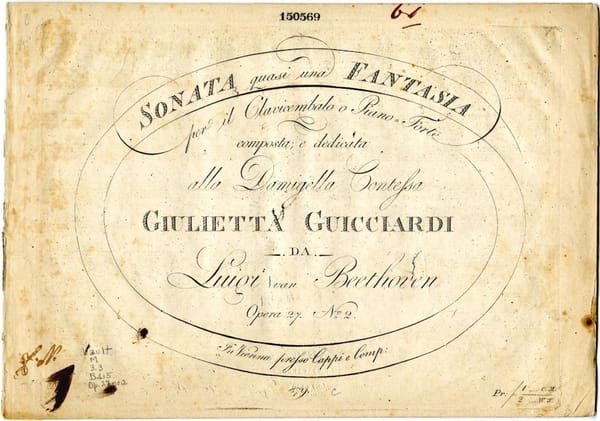SYMPHONY ORCHESTRA OF INDIA SPRING SEASON 2017
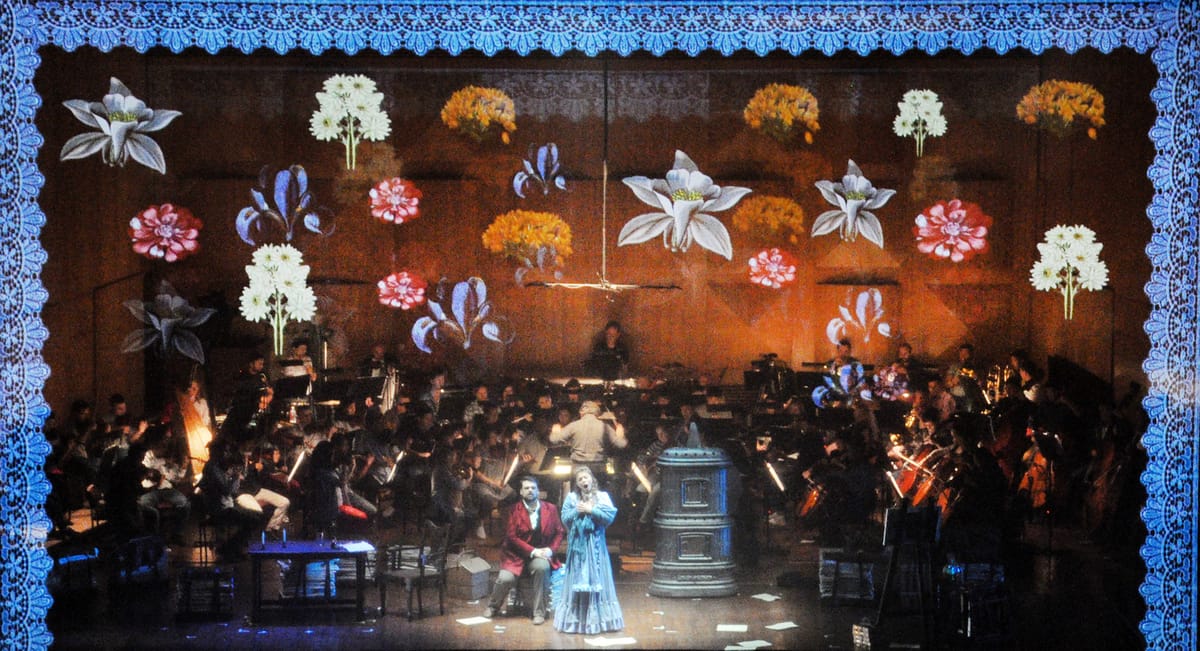
CARLO RIZZI | SYMPHONY ORCHESTRA OF INDIA
30 JANUARY 2017
Included in this season were three performances of a semi-stage production of Puccini’s early masterpieces depicting bohemian life among six friends in Paris. As a curtain raiser to the opera were two concerts – an orchestra concert and a gala vocal recital.
The orchestral concert consisted of the Prelude and Liebestod from Wagner’s towering masterpieces of ill fated lovers united in death. This was very sensitively shaped by conductor Carlo Rizzi although sometimes one was aware of a lack of sheen and body of sound. This was followed by the dance Suite from Der Rosenkavalier by Richard Strauss. This was given a lively performance with much light and shades but never able to hide the basic schmaltzy nature of Strauss’ fin-du-siecle score. The two operatic excepts that comprised the programme’s first half could not have been more different. I wonder why they were chosen as strange bed fellows they certainly did make.
The concert ended with a rather flat performance of Beethoven’s Fifth symphony. What should have been a rousing end to the concert was rendered monotonous in its many repeats and multiple false ending. Such a familiar work needs a superior orchestra to bring off convincingly and I am afraid Carlo Rizzi was not commanding enough nor able to communicate a sense of wonderment and discovery to the orchestra.
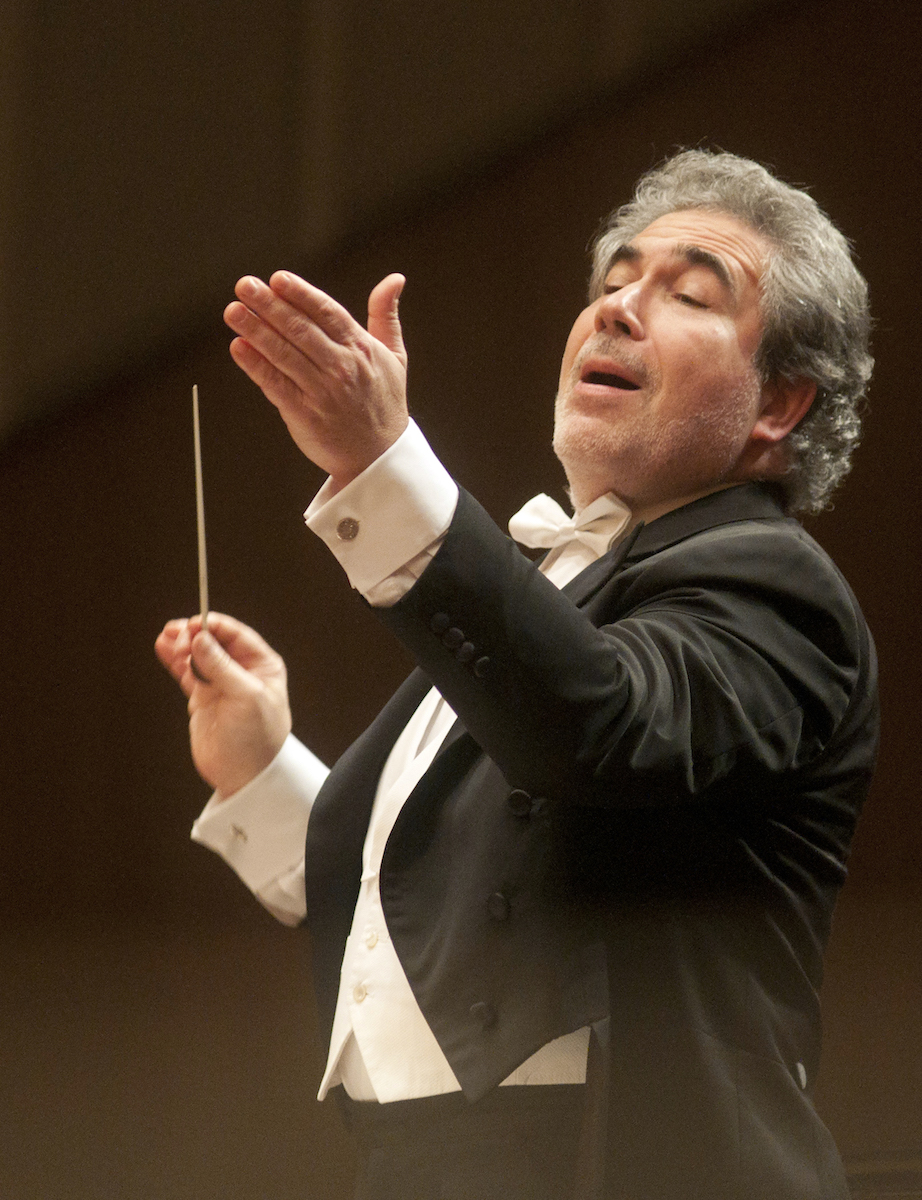
CARLO RIZZI | SYMPHONY ORCHESTRA OF INDIA
GALA CONCERT
2 FEBRUARY 2017
The Gala concert commenced with a rousing performance of Verdi’s overture to his opera La forza del destino. This melodramatic masterpiece is redolent with charming melodies, brass chords and harp arpeggios. This was brought off very convincingly by the orchestra in full-fettle. Here Mr Rizzi demonstrated his subtle control over dynamics and texture so important in Italian opera. Finally here was the hand of a true master as Rizzi revelled in the music of his compatriot Verdi. To end the first half were excepts from Otello also by Verdi. The Heldentenor Simon O’Neill who is much adored round the world was joined by Maria José Siri. She is an upcoming soprano engaged for the opening of the La Scala 2016 season in Madama Butterfly. They launched into the sumptuous love duet from Act I (Gia della notte densa). Mr O’Neill was in fine voice but lacked charm and delicacy while Ms Siri soared incandescently. Act IV was for me a bit of a curate’s eggs parts better than the sum of its whole. Desdemona’s Willow song (Salce) was sung with affecting beauty with the murmuring palpitation in the breath and halting dropping phrases beautifully acted. The end of Act IV with the smothering of Desdemona in her bed and the ultimate suicide of Otello was heightened by a very evocative orchestra compensating for the lack of drama in Simon O’Neill’s voice.
Let me say straight away that Simon O’Neill redeemed himself admirably in the excepts from Andrea Chénier. Thank god for that as I was thinking that it was an awful lot of money to invest in a star tenor for one night during spring season. To my surprise and to the mutual delight of the audience, the NCPA announced a free recital with Simon O’Neill joined by Kai Rüütel mezzo soprano from Estonia on a Sunday afternoon.
La mamma morta was sung by Siri with confident attack and sumptuous tone even if she expanded a bit in the top register of her fine soprano voice. Come un bel di maggio was sung with great beauty of line and tone by Simon O’Neill and they were joined in Vicino a te the final love duet. This was incandescent and nothing short of hair-raising. Thank you maestro Rizzi, Mr O’Neill and Ms Siri for pulling out all the stops!
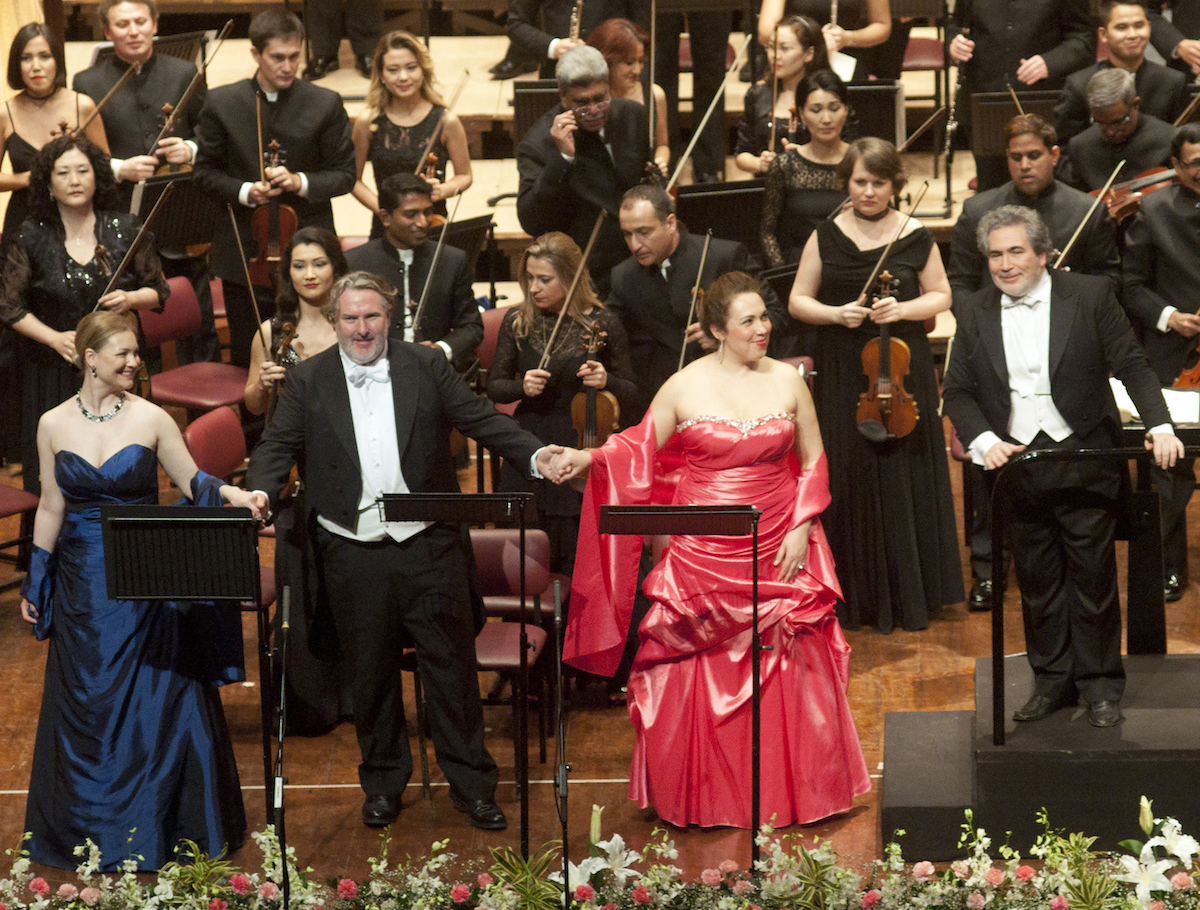
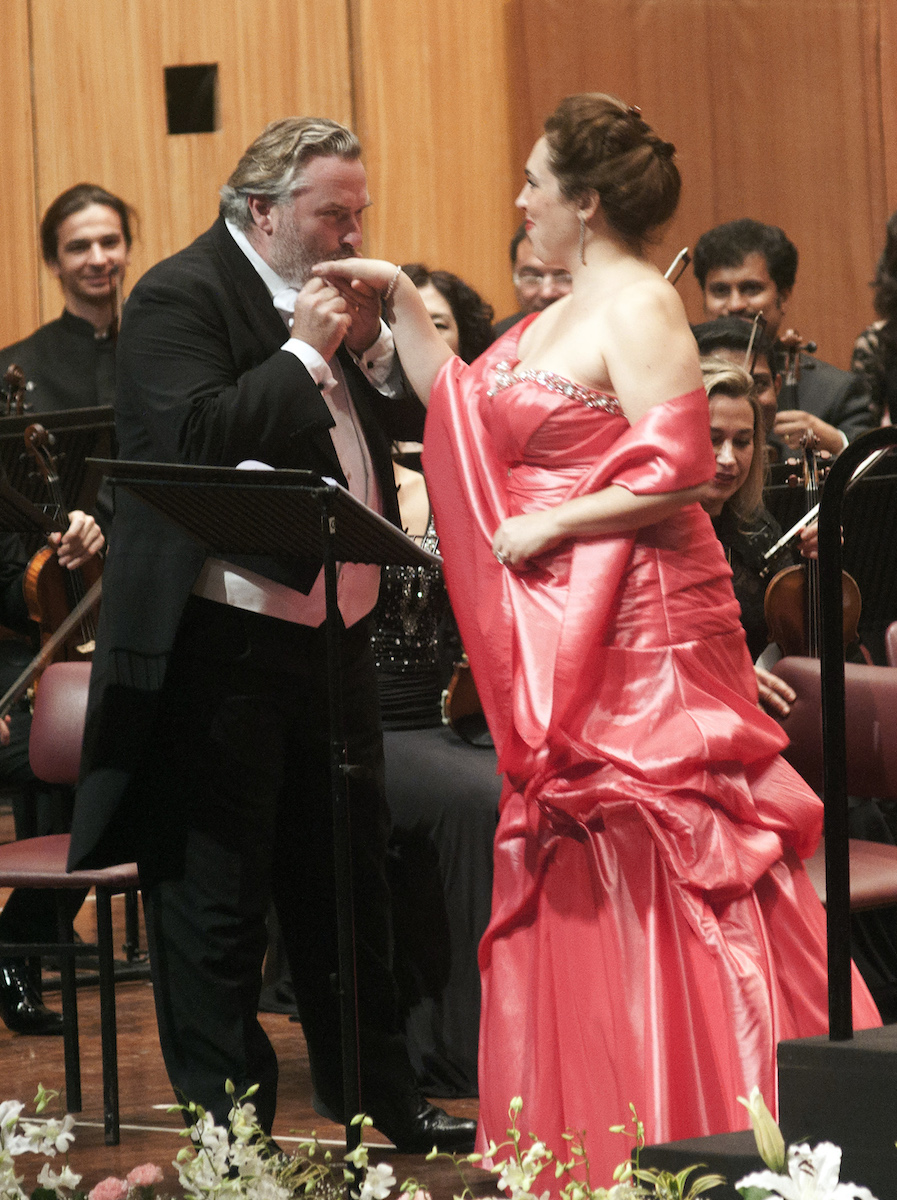
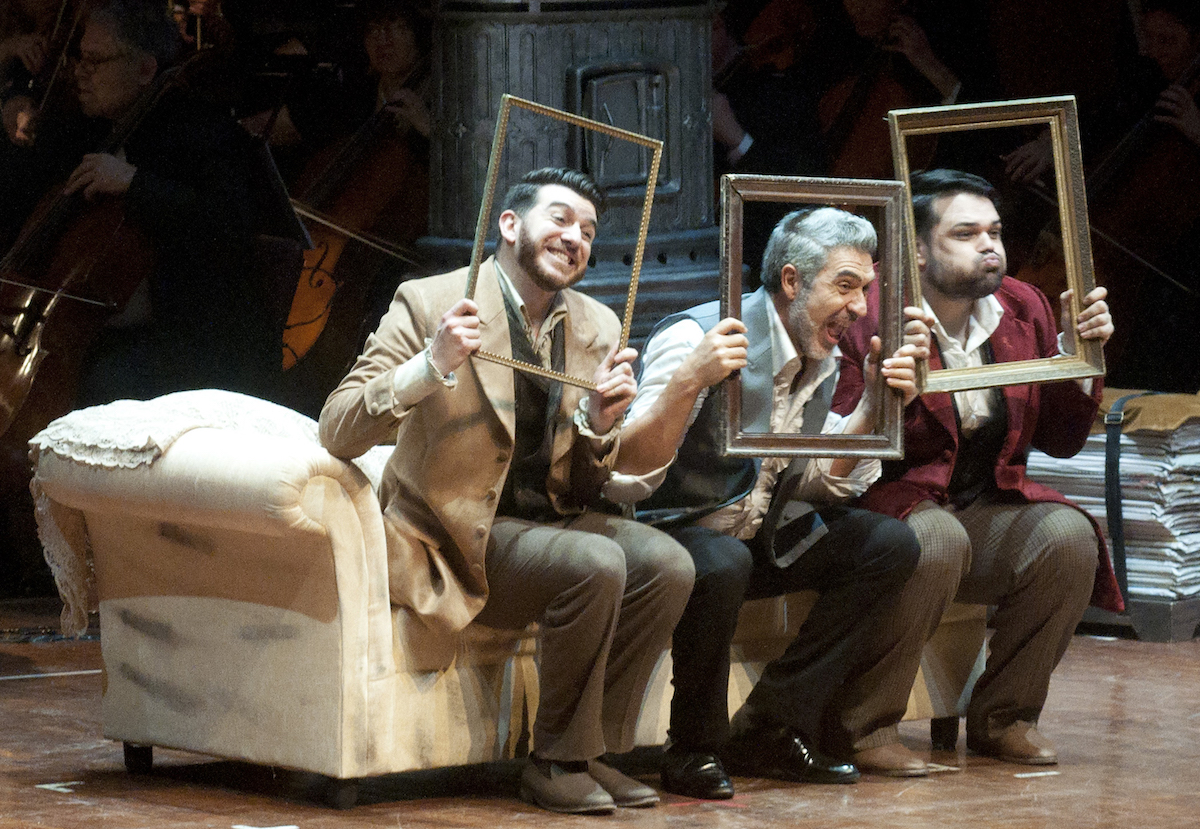
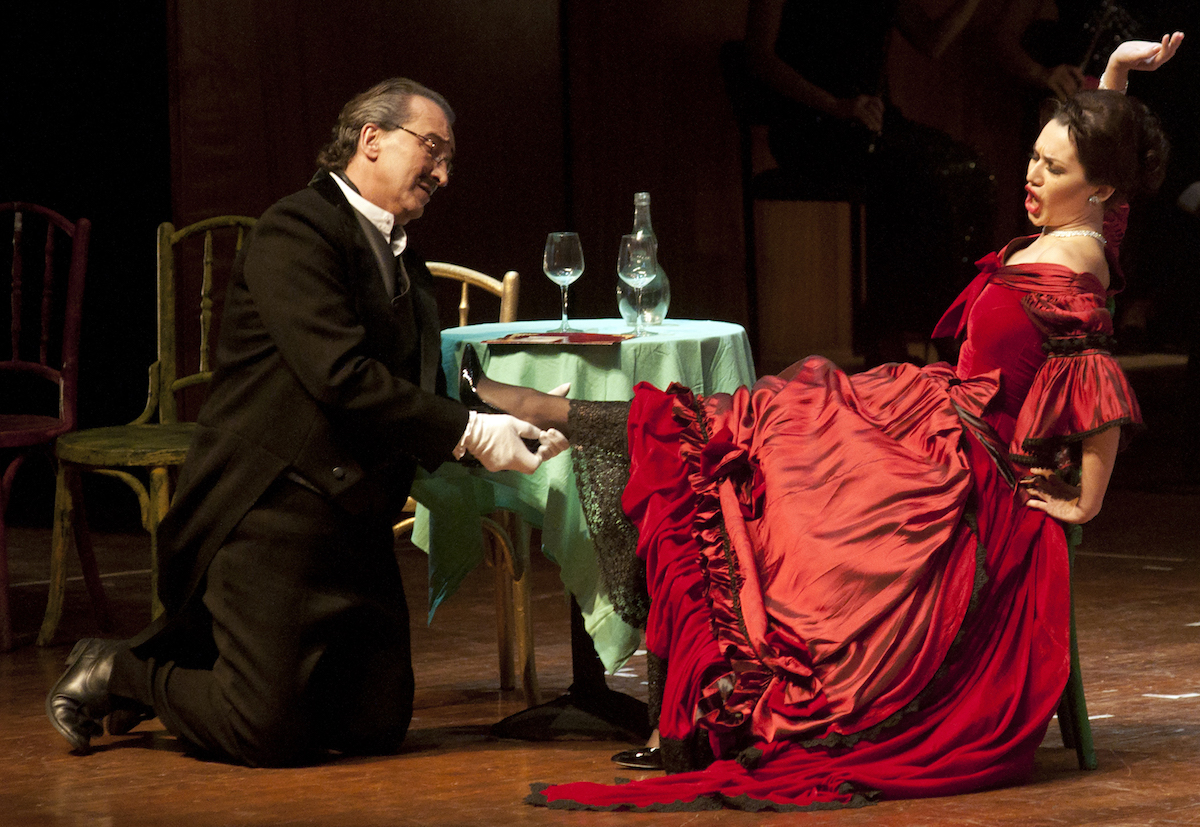
CARLO RIZZI | SYMPHONY ORCHESTRA OF INDIA
LA BOHÈME REVISITED 8 FEBRYUARY 2017
The evergreen masterpiece set in Paris was given its opening night in Carlo Rizzi’s hands. The principal singers in the roles of the lovers Rodolfo and Mimi were adequate on the first night. The supporting singers were all excellent.
Rodolfo’s Act I Aria Che gelida manina was sung with great beauty of tone and gentleness. The high C was thrilling as the voice rang through the house. This was immediately followed by Mimi’s Aria Si mi Chiamano. Mimi was undernourished in tone and although rising adequately to the climax. The hushed ending came off exceedingly convincingly. This was followed by a brief love duet. For some reason the tenor dropped his ending- the two notes that he is supposed to sing with the soprano. Neither did he do F to E nor the top alternative from A to top C.
ZANE DALAL | SYMPHONY ORCHESTRA OF INDIA
LA BOHÈME REVISITED 9 & 11 FEBRUARY 2017
Conductor Zane Dalal and the same singers for the first night produced a frisson that eluded Carlo Rizzi. The orchestra seemed more happy under Zane Dalal’s control. He admitted not having enough rehearsal time with the singers. That is probably why the score sounded so fresh. The singers were in far better voice than on the first night. The replacement singers took over on the third night. The tenor was suffering a cold and was replaced by the first tenor after the interval. The soprano was not much of an improvement in any case. A word about the production – it is a bijou staging in semi-staged fashion with projections on a curtain in front of the singers. This includes the street lights of night in Paris snowflakes and trees strategically placed around the singer. Strangely they chose to put the orchestra on the stage with the singers in front of it. This made for eye contact between the singers and conductor difficult.
In sum this was a mediocre effort which was successful only because Puccini’s wonderful music is so beautiful. The singers were Rodolfo, Mimi, Marcello and Musetta.



